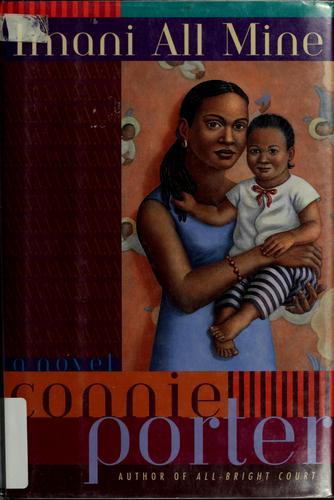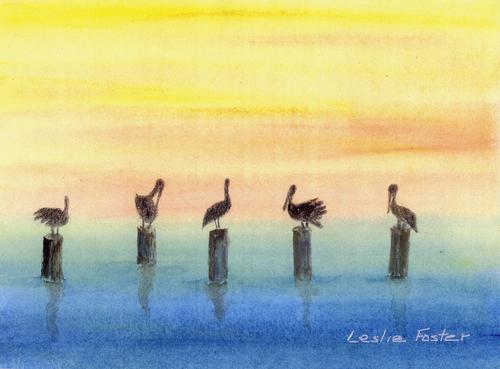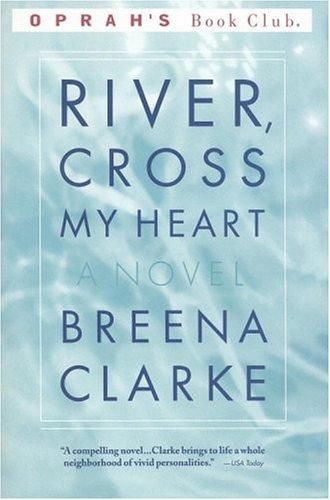Showing 1–4 of 4 books
-
Imani All Mine
This deceptively simple first-person novel takes readers into the heart and mind of 15-year-old Tasha, whose love for her baby, Imani, is as plain as her fear of the rapist who fathered the child. In the stark language of a tough urban neighborhood, Tasha comes alive on the page as she struggles to reconcile her love and hope for her daughter with the violence that resulted in Imani's conception. A sad though ultimately hopeful novel, compelling from its very first page.- Realistic Fiction
- Alex Awards 2000
- ISBN: 9780395838082
-
Plainsong
They were always connected, in the way people in small towns are: the elderly McPheron brothers, unschooled but wise in other ways; high school teacher Tom Guthrie and his mischievous sons, Bobby and Ike; and Victoria Roubideaux, 17 and pregnant, with nowhere to go. In this plainspoken yet graceful story that is at once complex and elemental, Haruf deftly brings his characters together, slowly turning them into a family ready to face private fears with a renewed sense of hope, connection, and even joy.- Realistic Fiction
- Alex Awards 2000
- ISBN: 9780375406188
-
The Reappearance of Sam Webber
There's a strong sense of place in this ultimately warm, reassuring novel set in a poor, racially tense Baltimore neighborhood. Sam Webber doesn't like his new home, a smelly apartment light years away from the middle-class area where he spent his first 11 years. Since his father's disappearance, he's felt responsible for protecting his mother, but he's so sad and scared he can't even help himself: druggies and muggers patrol the streets; bullies hound him in school. His only friend is the school's black janitor, who turns out to need Sam as much as Sam needs him. Themes of racism, urban violence, depression, and family structure threaded through the story make the book effective for discussion as well as for independent reading.- Realistic Fiction
- Alex Awards 2000
- ISBN: 9781890862022
-
River, Cross My Heart
Strong-willed Alice Bynam is convinced that by moving to Georgetown, her family will have more economic and educational opportunity. That's true, but whites still rule the roost in the 1920s, and they've barred 10-year-old Johnnie Mae and her friends from swimming in a local pool. When Johnnie Mae opts for the river, instead, her younger sister, Clara, drowns, leaving her family and community behind to struggle with the personal loss and the legacy of racial injustice.- Realistic Fiction
- Alex Awards 2000
- ISBN: 9780316899987




